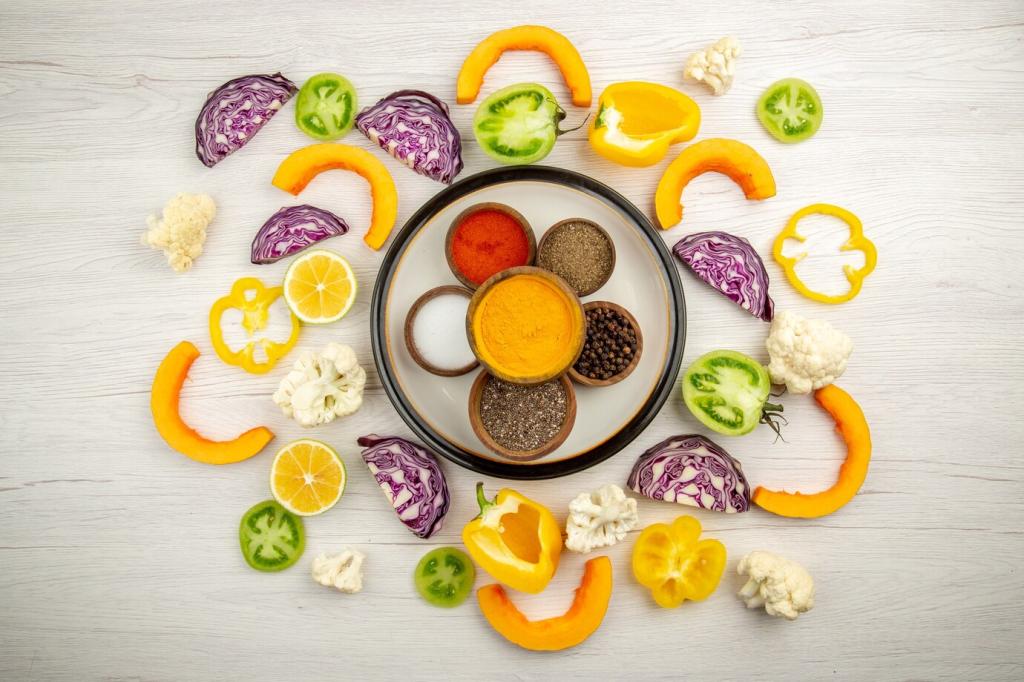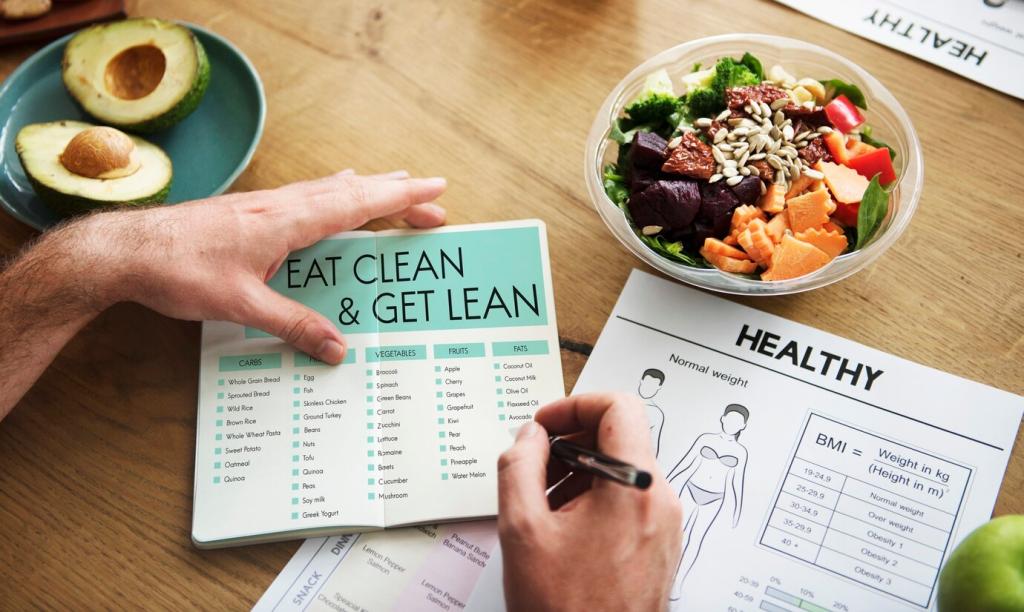Creating a Balanced Diet for Training Routines: Fuel with Purpose
Why Balance Beats Extremes
Carbohydrates drive high-intensity efforts, protein repairs and builds muscle, and healthy fats support hormones and satiety. Balance these around your training demands, not random trends. Comment with your toughest fueling challenge—we’ll help.


Why Balance Beats Extremes
Under-fueling leads to stalled progress, poor sleep, and lingering soreness. Prioritize enough energy on training days, and create gentle deficits only when appropriate. Ask questions below about your goals, and subscribe for tailored checklists.
Timing Nutrition Around Your Workouts
Pre-Workout Plate for Energy and Comfort
Two to three hours before training, build a plate with easily digestible carbohydrates, lean protein, and lighter fats. Keep high fiber and heavy sauces minimal. Tell us what pre-workout meal sits best before your toughest sessions.
During Training: When and How to Fuel
For sessions longer than ninety minutes, consider 30–60 grams of carbs per hour, increasing toward 90 grams for endurance. Practice on easy days to train your gut. Share your favorite gels, chews, or real-food options below.
Post-Workout Recovery Without the Panic
Aim for protein around 0.25–0.3 g/kg and carbohydrates to replenish glycogen, especially after hard intervals or lifting. A balanced meal within a few hours works. Comment your go-to recovery meal so others can try it.


Hydration and Electrolytes: The Quiet Performance Boost
Weigh yourself before and after a typical workout to estimate sweat loss; one kilogram equals roughly one liter of fluid. Replace gradually and avoid chugging. Share your results and how heat or humidity changes your plan.
Hydration and Electrolytes: The Quiet Performance Boost
Sodium drives fluid balance and performance, especially in heavy sweaters. Use sports drinks, salted foods, or electrolyte tabs as needed. What’s your favorite, budget-friendly electrolyte source? Comment and help the community experiment wisely.
Micronutrients that Support Training and Recovery
Low iron undermines endurance and focus, while vitamin D influences muscle function and bone health. Work with a professional if symptoms persist. Have a story about correcting a deficiency and feeling better? Share it so others learn.




Stories from the Training Log
01
After months of stalled progress, Mara added 30 grams of carbs before lifting and a recovery snack after. Her bar speed improved, soreness dropped, and sleep stabilized. Share your micro-adjustment plan; we’ll cheer you on.
02
Luis started with 30 grams of carbs per hour on easy long runs, training his gut gradually. Race day felt smooth, without late-mile bonking. Comment with your fueling timeline and what you’ll practice this weekend.
03
Coach Dina introduced a color-plus-carb rule for tournaments: fruit, sandwiches, yogurt, and water with electrolytes. Fewer stomach issues, steadier energy. What team-friendly snacks work for you? Add them below so others can borrow.
